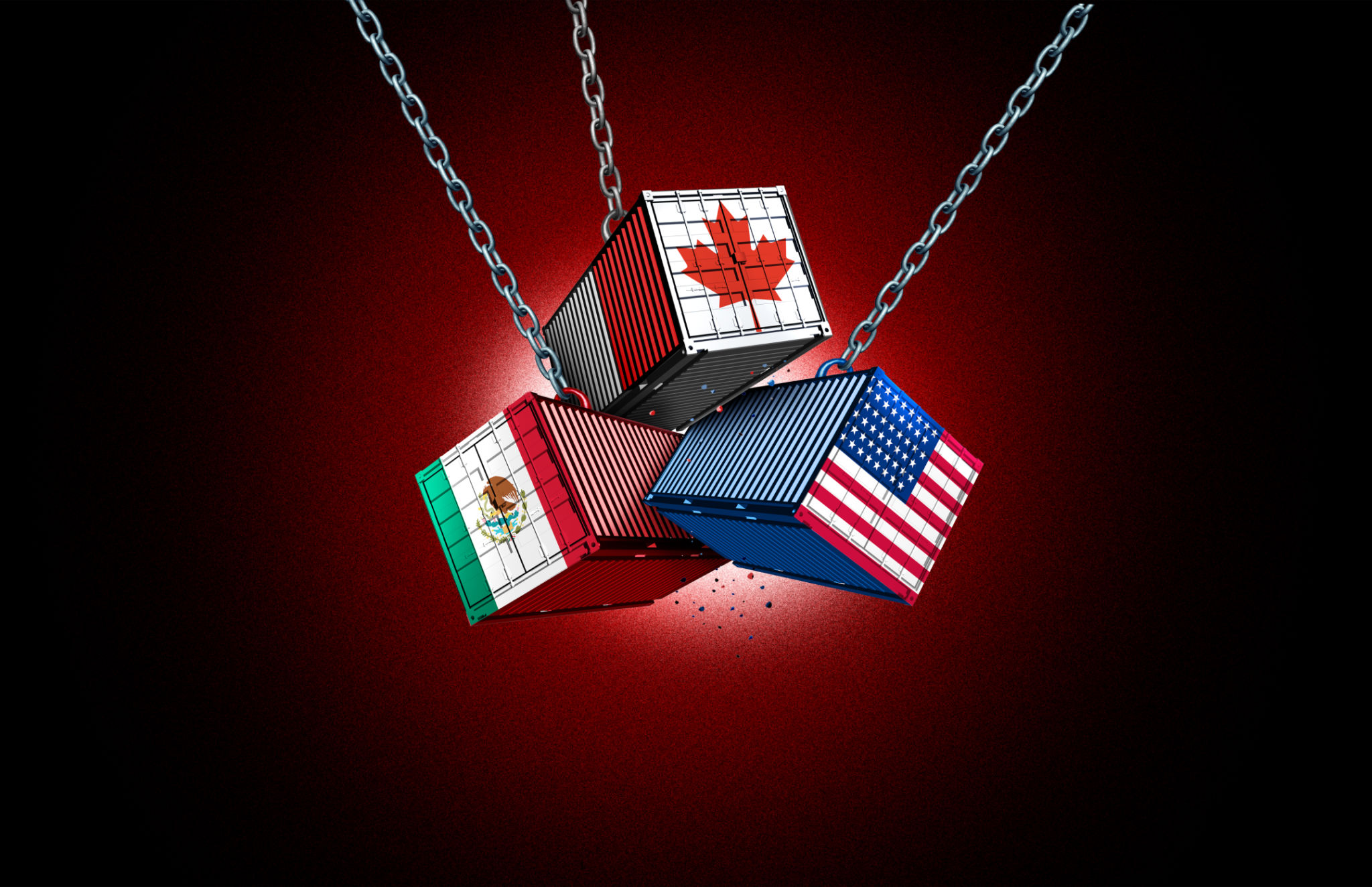Navigating Canadian Import Regulations: Key Considerations for Wholesale Businesses
Understanding the Canadian Import Landscape
Importing goods into Canada can be a lucrative opportunity for wholesale businesses looking to expand their product offerings and increase their market share. However, navigating the complexities of Canadian import regulations requires careful planning and a thorough understanding of the rules. Compliance with these regulations is crucial to avoid potential fines and delays.
Canada has its own set of import requirements that vary depending on the type of goods, their origin, and their value. As a wholesale business, it's essential to familiarize yourself with these requirements to ensure a smooth import process. Building a relationship with a customs broker can be invaluable, as they can provide expert guidance on regulatory compliance.

Essential Import Documentation
The first step in importing goods into Canada involves obtaining the necessary documentation. Some of the key documents include:
- Commercial Invoice: This document provides detailed information about the shipment, including a description of goods, their value, and terms of sale.
- Bill of Lading: A contract between the shipper and the carrier detailing the shipment's journey.
- Canada Customs Invoice (CCI): Required for shipments valued over CAD 2,500, providing additional details for customs clearance.
Ensuring accuracy and completeness in these documents is crucial to avoid any hold-ups at the border. Inaccurate or incomplete documentation can lead to delays and additional inspections, impacting your supply chain efficiency.
Compliance with Canadian Trade Agreements
Being aware of Canada's trade agreements can offer significant advantages for wholesale businesses. Canada has numerous trade agreements that facilitate easier access to goods from specific countries by reducing tariffs and simplifying import processes. The Canada-United States-Mexico Agreement (CUSMA) is one such agreement that offers benefits for North American trade.
Understanding these agreements and leveraging them can lead to cost savings and streamlined operations. It's advisable to consult with a trade expert or legal advisor to maximize these opportunities effectively.

Customs Tariffs and Duties
One of the critical aspects of importing into Canada is understanding customs tariffs and duties. These are applicable taxes on imported goods that vary based on product classification. The Canadian government uses the Harmonized System (HS) code to classify products, which determines the tariffs applicable.
It's crucial for wholesale businesses to correctly classify their goods under the appropriate HS code to avoid overpaying or facing penalties for underpayment. Utilizing resources like the Canada Border Services Agency (CBSA) website can help in identifying the right classification.
Regulatory Compliance for Specific Goods
Certain products may be subject to additional regulations beyond standard import requirements. For instance, food products, pharmaceuticals, and electronics might require specific permits or certifications due to health and safety standards.
Wholesale businesses need to conduct due diligence when importing these types of goods. Partnering with suppliers who are familiar with Canadian regulations can mitigate risks associated with non-compliance.

Leveraging Technology for Efficient Imports
In today’s digital age, technology plays a pivotal role in streamlining import operations. Many businesses are turning to digital platforms for tracking shipments, managing inventory, and ensuring compliance with import regulations.
Adopting such technologies not only enhances operational efficiency but also provides real-time data insights that can be crucial for decision-making. Investing in the right technological tools can give wholesale businesses a competitive edge in navigating Canadian import regulations effectively.
The Importance of Staying Informed
The landscape of international trade is constantly evolving, with new regulations and policies being introduced regularly. For wholesale businesses involved in importing goods into Canada, staying informed about these changes is crucial.
Subscribing to industry newsletters, attending trade seminars, and engaging with professional associations are excellent ways to keep abreast of the latest developments in Canadian import regulations. An informed approach ensures compliance and fosters business growth in the long run.

